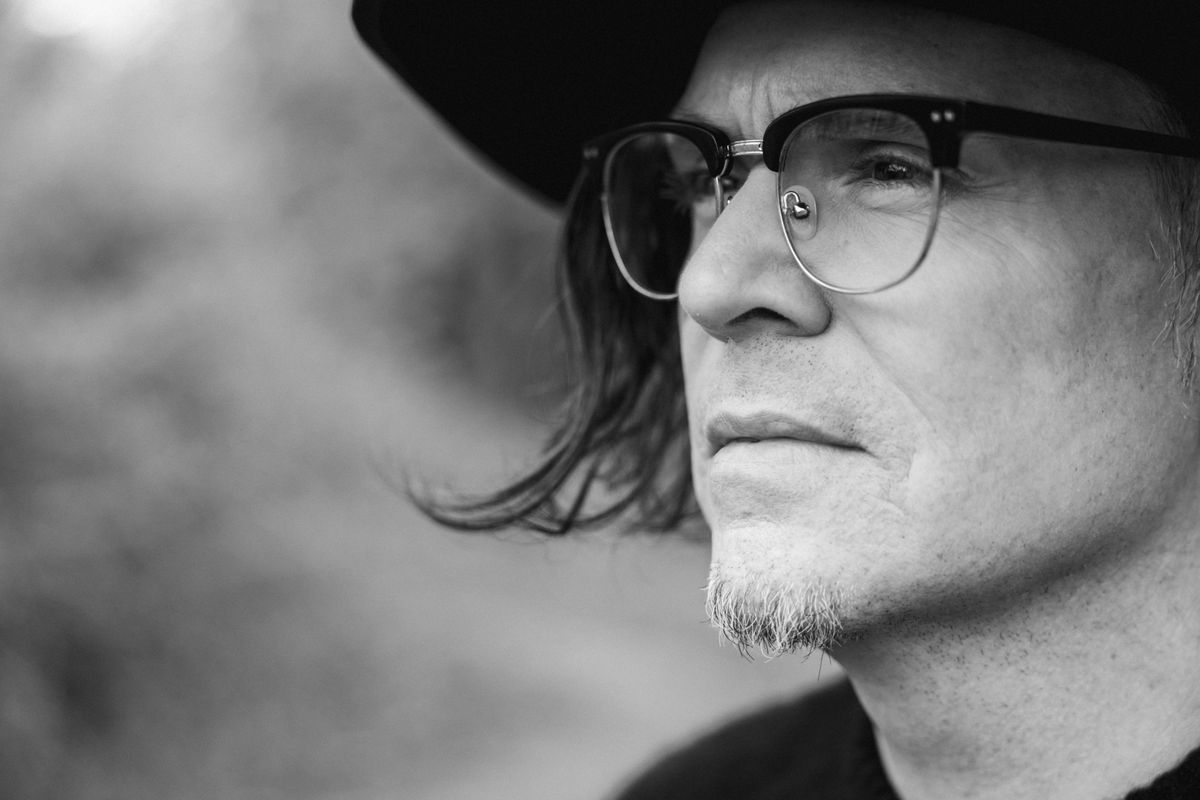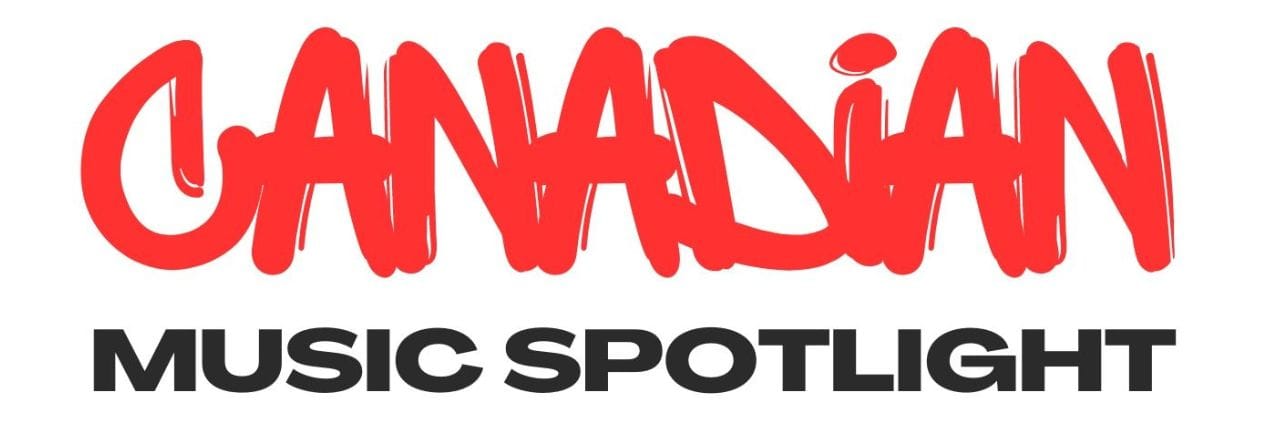If You Don’t Die, Get Management: The Modern Artist-Entrepreneur Question

By Alex Henry Foster
First of all, I’m deeply thankful for being able to be back at sharing with you all following the double-graft cardiac surgery I had to undergo in a life-threatening procedure this February. It’s been quite a challenging journey for me, a voyage that is far from being over as I’m writing this. I never longed for any sort of management after I welcomed a wolf in my otherwise pretty naive life 15 years ago. It lasted about three months and it took me years to cover the settlement of the bad deal I was initially so happy to sign after investing something like 200 dollars (that I had to borrow), in a lawyer friend for him to look into all the details of said contract. Well, we all missed a few words here and there, I suppose. That horrifying experience, also known as the music business rite of passage, ended up defining the DIY model that I had to adopt soon after I decided I wouldn’t let that nightmare blow up my dreams. Very difficult years went by, and determination, hard work, and resilience became the foundation of what I had the opportunity to build with my friends. I made unbelievable mistakes and lost more than I ever thought I could make by following both my artistic and entrepreneurial instincts. It paid off, but the price to pay takes a significant toll on whatever may stand beside anything “career/visions/ambitions/goals” you might have. I wasn’t able to hide that reality at some point and I can say now that it precipitated the end of my previous band, Your Favorite Enemies. No need to say that I didn’t have the organizational flexibility to die or to be grounded for a year. It was quite a reality check for me and even more so for Jeff Beaulieu who was the designated survivor having to stand strong at the forefront of everything we had given life to over the years. He did magnificently, but changes needed to take place, and major ones at that.
Therefore I started to explore the idea of having management. People around me freaked out. It was like the cardinal sin from the ultimate DIY advocate. It led me to reach outside of my usual sphere of influence, which allowed me to have a clear and honest opinion of artists in all kinds of organizational scenarios. The testimonies were as diverse as they were stupefying, some inspiring, funny, others disastrous or even criminal, but all educational, especially when one of my friends sent me his take on the different types of management there are. 10, according to him…
1. The Boss: “Let me show you how we’ll do it together. You don’t have to know everything, just trust me, it will be fine. I’ll add the numbers after you signed.”
2. The Life Coach: “I don’t know anything about managing your other businesses, but trust my heart, it will be worth my points in ALL your other things.”
3. The Accountant: “Look, it’s all about numbers, and numbers are complicated, so do your thing and I’ll do mine. Deal!?!”
4. The Well-Intentioned Friend:“Dude, I’ve been to all your shows, I’m your number 1 fan! Of course, I will look after you! Now, let’s party!”
5. The Buzz Seeker: “I have signed all the 5,000 bands Pitchfork mentioned to look into at the SXSW last year. I’m a sure bet, dear band #7896.”
6. The Artist-Turned-Manager:“I’m not only managing you, but I’m also writing your songs, I’m in your videos, I’m chatting with your fans. In a way, I’m you.
7. The Bitter Bitch: “CDs don’t sell like before, tickets don’t sell like before, record deals are worse than before, YouTube killed MTV, have a plan B.”
8. The Legend Nobody Knows: “I make one call to some big guy I know, and your life will change forever… I only need 25$ and a payphone, ready.
9. The Magic Worshiper: “A famous philosopher said: “Build it and they’ll pay for it… eventually.” It’s in you, man, your aura screams superstar. Now smoke that funky pipe with me.”
10. The Crook (a.k.a. the Asshole)... Sorry, I don’t think I can reproduce the description my friend gave me.
It was obviously caricatural, but his advice at the end of the enumeration was thoughtful and real: “If you want a manager, Alex, you first need to be honest with yourself and determine the reasons you want to go that route in the first place. It doesn’t matter if you are starting a band, if you are mid-way to your objectives, or a superstar, it all starts with accessing your motivation beneath it, and it implies looking at yourself, to identify where you are in your career, where you want to go, and, most importantly, what type of person or organization you picture yourself being happy with, win or lose. If it’s about money, fame, pleasure, or not having to do anything but art or anything at all… The more sincere you are, the more likely you’ll know if you need or want a manager or not, and what kind to look for. There are brilliant, decent, and amazing people out there. You will avoid my top 10 only if you’re real. So do me a favor, do it for yourself, and enjoy the ride. You won’t cure cancer, just don’t become another one.”
Hopefully, the “be real” process had been on for a while, maybe even longer than I had thought. I wanted a real advisor (I had several in the past, but when they’re on your payroll, they tend to lean towards the direction you want to go, mine did anyway), someone that had enough character to headstrong me when need be, a mentor, a trustworthy person. Those were the general elements. The honest answer was more that I wanted someone who shared the same human and community values, someone who valued art not its profits, someone with whom I could talk about life besides its bottom line, someone who cared enough about me and what I do to speak out when I lose myself, not only when needs be, someone with compassion and heart. I didn’t need someone to remind me to behave or to put pants on in public. I was looking for an ally, someone inspiring in their own way, a person I would be proud to call my friend and honored to partner with. I knew my list was odd and not business oriented, but I shared it all with Jeff, who had the mandate to approach some potential managers or to be the liaison between me and anyone interested. The good thing was that I wasn’t in any rush. I had only been released from the hospital and trying to eat Jell-O was my sole daily activity. My situation was a blessing in disguise in many ways, because, would I have not been grounded like I was, I don’t think I would have found the family Ieventually found and recently joined.
I learned a whole lot by listening to them. It was deeply educational for me, may it be from an entrepreneurial point of view, an artistic standpoint, or as an individual looking to constantly grow. I was amazed, yet indecisive… until Jeff called me from a music conference he was attending in New York: “Alex, brother, I found your managers!” I was in New York 2 weeks later, meeting Bill and Jennie McGathy, owners of In De Goot Entertainment. It changed my life. Bill explained that the foundation of the company was his family values, that everyone serves the artists as a team, and that it was a “one for all, all for one” kind of mantra, where individuals and their art always come first. I asked a ton of questions and the answers were generous and genuine. There was an obvious connection between everyone.
I went back to New York about three weeks after, as the president of A&R from the Nashville office specifically came to meet us. Again, human-driven individual, generous, thoughtful, and humble. He had the same DNA as everyone else I had met in the company. I had found my family and I knew I was home. We became naturally close, almost instantly. We traveled to the UK together to meet some of their team members based in London and met up on several other occasions. I realized, in the very short time between meeting them for the first time and writing those words, that it was a perfect match. We accomplished more in a month than I could have thought possible.
In conclusion, I think that the key element when we entertain the question of management, at any point in our journey, doesn’t have anything to do with our ambitions, as legit and grandiose as they might be, but with who we are at that stage of our life. I laugh thinking about what I could have accomplished if I had met the In De Goot family 10 years ago, knowing I would have been unmanageable — I knew everything back in those days. But I wasn’t ready to trust, wasn’t in a place where I would commit to such an “intimate” type of relationship. Maybe experience gives me a different view on things, maybe knowing myself a little better helped me define what I was looking for… Maybe. But one thing for sure is that being willing to be honest with myself vividly exposed what I needed the most at this point in my voyage. I’m glad I didn’t miss the blessing I’m dwelling on right now. I have never been so happy at the prospect of sharing a percentage of my future earnings with anyone like I presently am. And to my hardcore DIY friends, I’m grateful I don’t have to live up to Ian MacKaye's expectations anymore. Can anyone do it, anyway? Being who I am, no matter how I could be perceived, is a gift I wish to everyone. That, and not having to survive on Jell-O and boost cans for three months. I guess digging into mentally and physically ill artist support options will be for another edition… Until then, be safe, and don’t hesitate to see a doctor on a regular basis, it saved my life!
Alex Henry Foster (AHF) is a Canadian musician, author, producer, and composer, formerly the frontman for Juno Awards nominee post-rock/noise band Your Favorite Enemies (YFE). A real baseball fanatic and a counterculture kook, Foster is also the proud daddy of two dogs named Leonard and MacKaye... and likes to simply be called Alex. His next album is set to be released in 2024.
He can be reached at ahf@hopefultragedyrecords.com.
